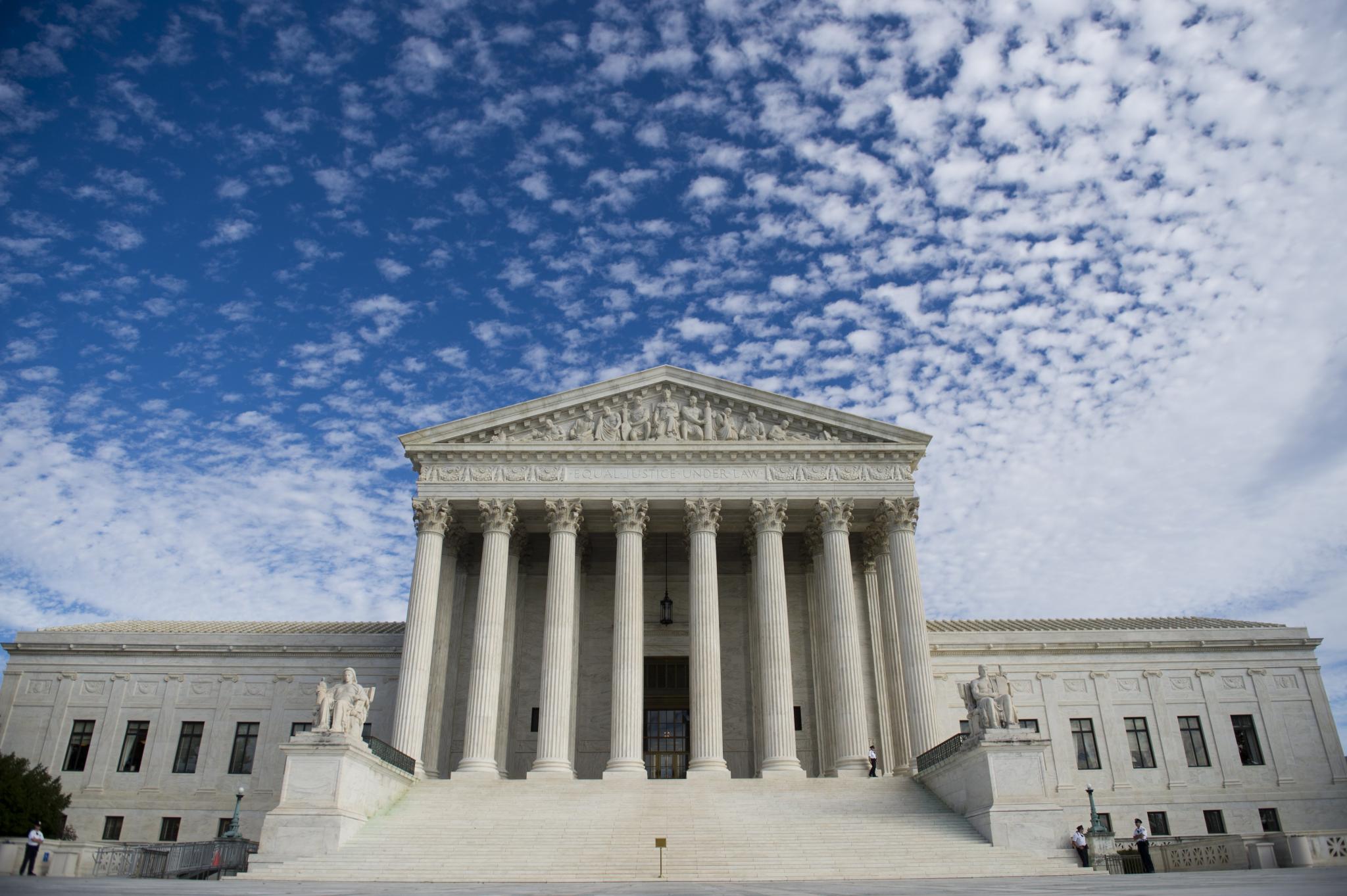
After several blows to affirmative action in the past year, most notably the Supreme Court’s April ruling to uphold Michigan’s ban on race-based admissions, the policy scored a victory. In a vote of 2-1, a federal appeals court ruled to allow the University of Texas to consider race in admissions decisions.
Abigail Fisher, a White student, filed the original suit against the university when she was denied admission in 2008, citing a violation of the equal protection clause of the 14th amendment. The clause prohibits discrimination and mandates equal application of state laws to all people, regardless of race.
She brought the case to the Supreme Court when she was defeated in the federal appeals court. Last year, in a 7-1 decision, the Supreme Court ruled in favor of the university, on the basis that these practices were essential to promoting diversity.
After the Supreme Court ruling, Fisher’s case returned to the appeals court to decide if students of color still needed affirmative action measures, since laws like “Texas Top 10” were relatively successful in recruiting minority students. The “Texas Top 10” law guarantees admission to all state-funded universities to students in the top 10 percent of their high school graduating class.
But the federal government stood by their original ruling.
Judge Patrick Higginbotham said in the opinion: “It is settled that universities may use race as part of a holistic admissions program where it cannot otherwise achieve diversity. This interest is compelled by the reality that university education is more the shaping of lives than the filling of heads with facts— the classic assertion of the humanities.”
Fisher’s lawyer told the LA Times that she plans to appeal again.
